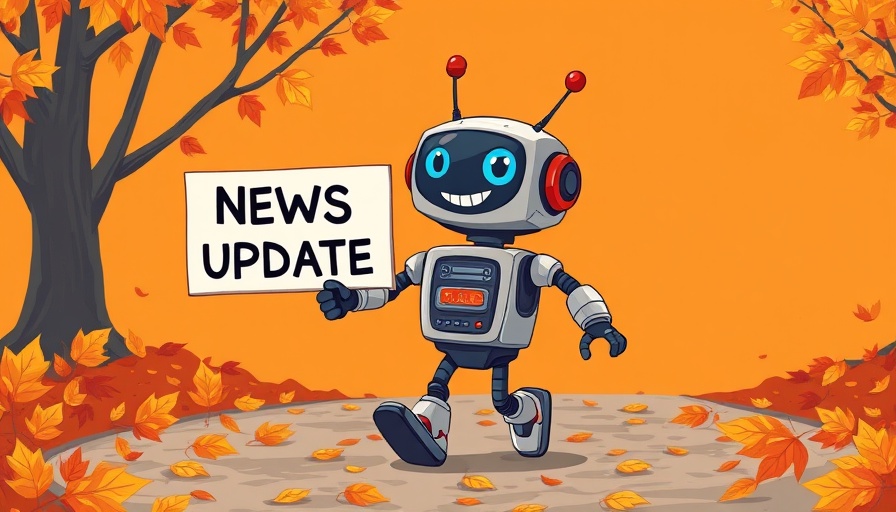
AI's Role in the Future of Education
The integration of artificial intelligence into education is transforming how students learn and educators teach. From personalized learning experiences to administrative efficiency, AI is reshaping classrooms for the better. This article explores the latest developments in AI and its profound impact on education.
Meta’s Chatbot Monetization: A New Era in AI
On December 16, 2025, Meta will begin using data from users' interactions with its AI chatbots to craft personalized advertising, raising eyebrows in the educational sector. The absence of an opt-out option means that casual conversations could unconsciously fuel targeted ads, leading to worries about privacy and data ethics in AI usage. Students across the UK, EU, and South Korea, however, can breathe easier as they remain exempt from this policy.
OpenAI's Sora 2: Disturbing Copyright Issues
The recent launch of OpenAI’s Sora 2 has prompted significant controversy as users began to generate copyrighted characters, highlighting gaps in responsible use protocols. The AI will now allow rightsholders greater control over how their characters can be used in generated content. This incident underscores the need for robust framework surrounding copyright in the AI landscape.
Empowering Educators with AI
Teach For America's recent engagement with over 1,200 educators through an 'AI dexterity' model demonstrates how AI initiatives can significantly enhance teaching methods. Teachers now have tools to create over 720 classroom resources, greatly improving student engagement and providing critical AI skills that are essential for future job markets.
A Closer Look at AI's Labor Market Impacts
Interestingly, a study from the Budget Lab reveals no tangible disruption in employment patterns associated with AI after the launch of ChatGPT, indicating that transitions in job roles appear slower than anticipated, with many changes already present before AI’s rise. This emphasizes the continuity of workforce evolution, despite AI's integration into everyday tasks.
New Startups and Innovations in AI
This week also saw the launch of innovative AI infrastructure startups like Tinker and Periodic Labs, which are democratizing access to advanced AI research tools. Tinker provides managed APIs for fine-tuning large language models, while Periodic Labs pairs AI systems with real-world experiments. This reflects a growing trend where lower barriers to cutting-edge AI research can lead to significant advancements in education.
Conclusion: The Evolving Educational Landscape
As AI continues to permeate education, the focus must remain on ethical usage and ensuring technological literacy among both educators and students. With surveys indicating that over 72% of students have used AI tools, understanding these technologies becomes paramount. Institutions can foster productive learning environments by prioritizing responsible implementation and ongoing support for educators. Resources such as AI certifications, courses, and online classes can equip the workforce of tomorrow with the essential AI skills they will need to thrive in an increasingly automated world. Schools must act now to ensure they harness the benefits of AI effectively while mitigating its risks.
 Add Row
Add Row  Add
Add 




Write A Comment